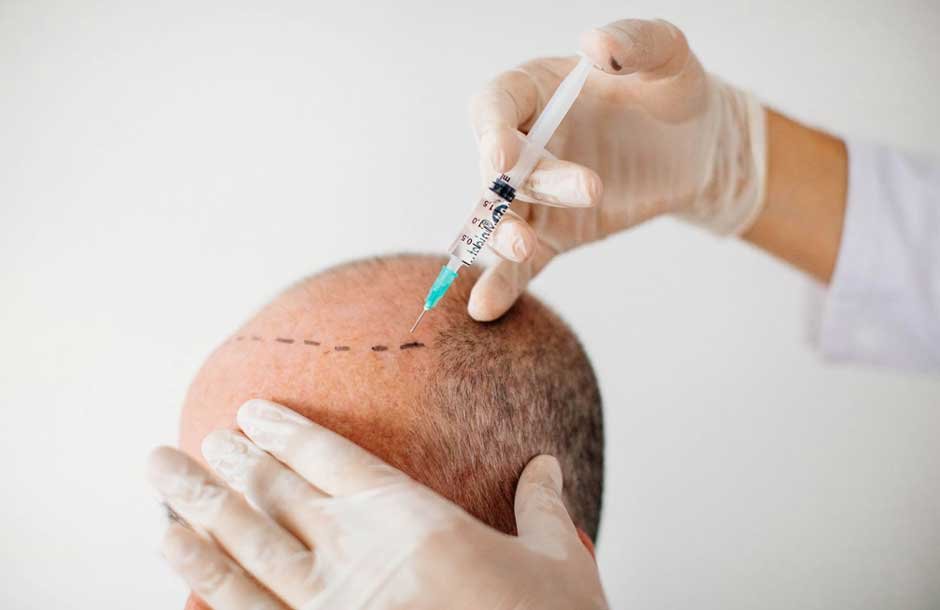Laser Hair Removal for Sensitive Skin: 5 Things To Know

Laser hair removal is a popular treatment for getting rid of unwanted hair. This procedure uses concentrated laser beams to destroy hair follicles. If you have sensitive skin, you might be worried about this hair removal technique. laser hair reduction Here are five things to know about laser hair reduction if you have delicate skin:
1. Understand That the Procedure Is Safe
Laser hair reduction targets the blood supply or pigments in your hair follicles. An experienced provider uses the proper wavelength on your sensitive skin. The procedure can be safe for removing hair on your face, bikini line, legs, arms, and neck.
A professional can use a dynamic cooling device that helps protect and soothe sensitive skin. During the procedure, an expert cleans the area and offers you protective glasses for safety. A professional can apply numbing gel to the targeted area to help control discomfort or swelling.
2. Avoid Tweezing or Waxing Before and After the Procedure
Avoid tweezing or waxing several weeks before your hair reduction procedure. Waxing or tweezing can hurt your delicate skin even more. When you tweeze or wax, you remove hair follicles that are necessary for the procedure. Waxing can result in ingrown hairs, which can be painful.
Preserve the root and pigment of the hair for your laser treatment. After treatment, don’t wax or tweeze your hair if it grows back. Instead, schedule another appointment. Following these steps may help reduce sensitivity after the treatment. Your doctor can suggest the number of sessions you need to achieve desired results.
3. Avoid Sun Exposure
Avoid sun exposure for a few weeks before treatment if you have delicate skin. The laser targets pigments on your skin, including tanned or sunburned skin. Wear sunscreen with a high SPF to manage sunburns or tans and protect your skin.
Direct sun exposure can make your skin more sensitive to heat. If you have a suntan before the treatment, a laser practitioner can conduct a skin test first. If your skin is tanned, the expert can delay laser hair removal for a few weeks until it returns to its natural tone. After treatment, avoid sun exposure until your skin heals.
4. Shave the Area Before the Treatment
The laser can work on hairs with their roots intact. Shave long hairs before treatment to help prevent burns due to excessive heat exposure. Avoid waxing because it can expose your delicate skin. You can shave a few hours before treatment using a sharp and clean razor.
Shaving may make it easier for the laser to get to your hair follicles due to less hair on your skin’s surface. Use shaving gel or cream and warm water to manage irritation. After your first treatment, shave between the sessions if you don’t have any discomfort or redness.
5. Follow Instructions After Treatment
After laser hair reduction, your doctor can offer advice on how to care for your skin. You might need to apply topical cooling creams to reduce discomfort. After the procedure, avoid using deodorants and perfumes to foster healing and control sensitivity.
You might need to skip the gym, saunas, and hot showers since they increase your body temperature, leading to bacterial growth. Wait sometime after your treatment before resuming your exercise routine. People with sensitive skin may need longer to heal before resuming their routines.
Choose Reliable Experts for Laser Hair Removal
Laser hair removal can be an effective method to remove unwanted hair, even with sensitive skin. Choose licensed specialists who can monitor side effects and offer treatment when necessary. Once you book your consultation, a professional can assess your health and hair removal history for the proper treatment.



